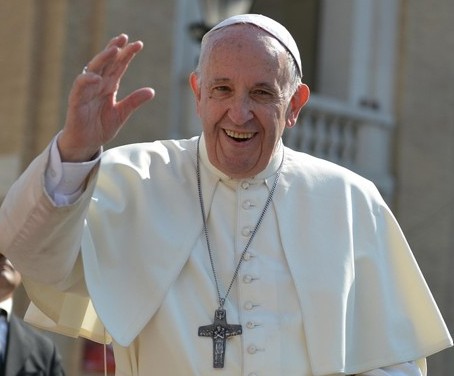Netflix’s star-studded The Prom should have had everything it needs to be a delightful 90 minutes.
You throw together Meryl Streep, Keegan Michael Key, Nicole Kidman, Andrew Rannells, and likable newcomer Jo Ellen Pellman, and you should have at least an entertaining experience, if not a certifiable hit. Unfortunately, there’s something about The Prom that makes you want to like it so much more than you actually do.
Based off the hit Broadway show of the same name, “The Prom” was directed by Ryan Murphy. Murphy is best-known for “Glee,” which RogerEbert.com fittingly describes as “mostly half-assed, but occasionally sublime.” Murphy brings much of that same energy to his latest project, injecting the movie with plenty of dance breaks, corny dialogue, and winks at musical theater fans.
The movie opens on Dee Dee Allen (Streep), a long-time starlet known for her belt, opening up a new Broadway show about Eleanor Roosevelt alongside Barry Glickman (Corden). The two soon find out that the show was a flop, and are in need of new project to get the world’s attention and prove to themselves that they’re still on top. Angie Dickinson and Trent Oliver (Nicole Kidman and Andrew Rannells), a show girl and a recent Juilliard graduate, help them come up with a plot to travel to a tiny town in Indiana to assist a girl named Emma (Jo Ellen Pellman) in her simple pursuit of overcoming her high school’s homophobic rules and taking her girlfriend to the prom.
The unlikely heroes descend on the town with gusto and glitter, quickly proving that their altruism is nothing but self-aggrandizement. From there, things unfold in a fun—if predictable—manner. The New York crew is soon humbled by the wholesome little town, ultimately facing their own demons as they begin to realize that helping Emma should never have been a mere publicity stunt. But things start to go downhill in the second half of the film.
The musical numbers range from mildly entertaining to incredibly cringeworthy. As much as we love Nicole Kidman, her rendition of “Zazz” makes even the worst Glee number seem high quality, and while Andrew Rannells is an enormous presence, even he couldn’t make “Love Thy Neighbor” seem anything but almost insultingly tone deaf. When broken down, the message of the movie seems to be: “If you just explain to bigots that Jesus really wanted them to love everyone, they all of a sudden will completely accept the LGBTQ+ community!”
If you’re an American whose been paying attention at all in the last four years, you know that this “Why can’t we all just get along?!” narrative is not only tired, but a dangerous oversimplification of deeply complicated and fraught social issues.
Admittedly, Pellman’s recitation of “Unruly Heart” is moving, and it isn’t unimaginable that a previously close-minded Midwestern family seeing The Prom on their NYC vacation might leave the theater with a slightly different perception of LGBTQ+ individuals thanks to the lovable character of Emma. But now, as a Netflix movie that will reach a much wider audience while offering very little of the magic that makes us forgive live theater for a myriad of sins, the story arc lacks nuance and feels detached from reality.
The Prom also featured some of the most misguided casting you’re likely to see this year or possibly ever. While Meryl Streep can play any role she’s thrust into, it seems a waste to opt for her fame and acting talent over the belting ability of an actual musical theater star. Kerry Washington was wasted as the bigoted PTA mom, Nicole Kidman has no business dancing or singing or, frankly, speaking in an American accent, and while James Corden was serviceable, it was frustrating that Murphy chose a straight man to play a role that revolves around the trauma of coming out.
Overall, while The Prom clearly has good intentions and while LGBTQ+ representation is, of course, important—the music, casting, and execution weren’t good enough to make up for a fundamentally lazy plot.













